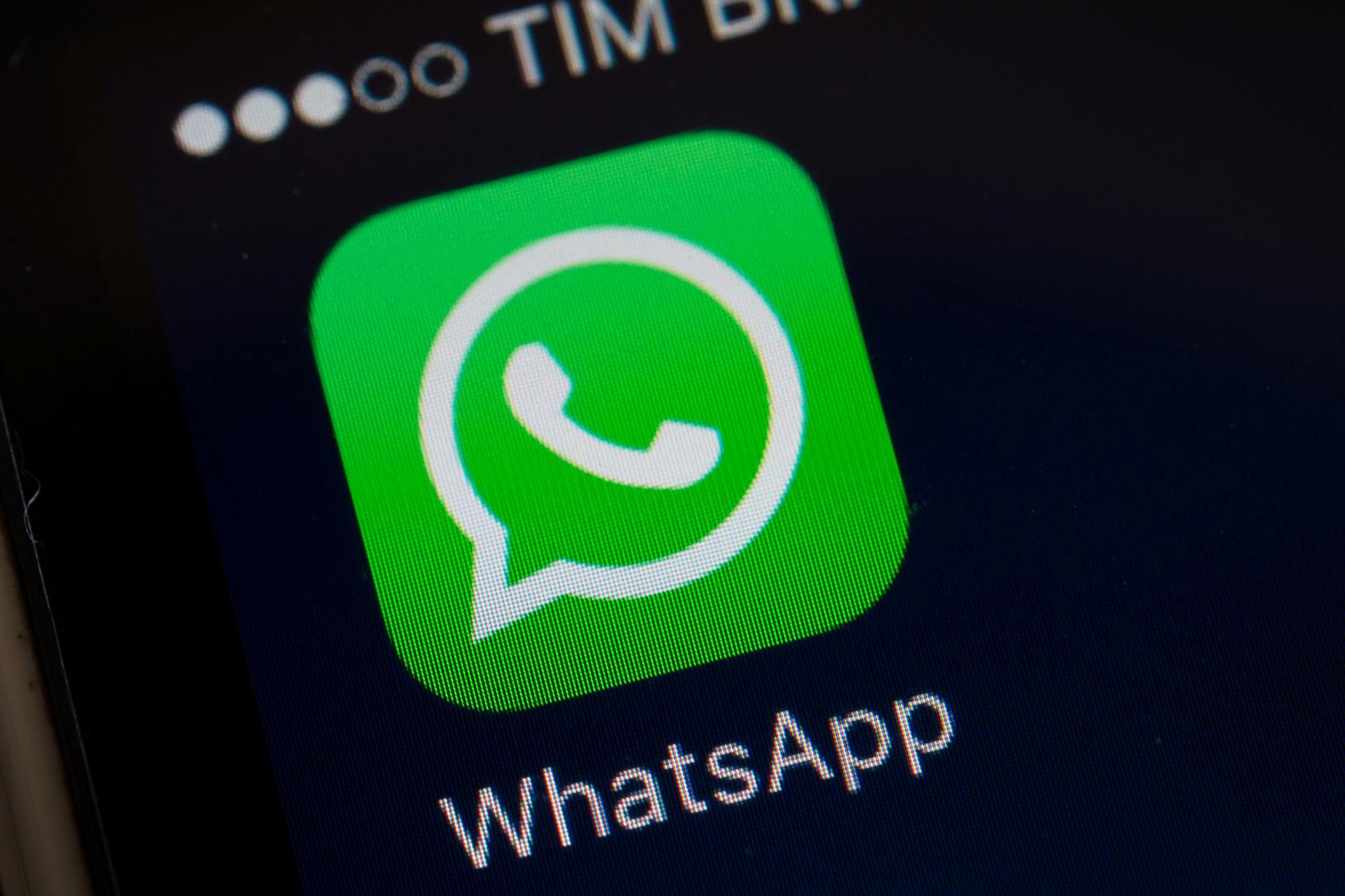New WhatsApp scam tricks users into paying for app
It’s the latest in a long line of similar hustles, none of which are especially convincing

Scammers are trying to trick WhatsApp users into paying a fake subscription fee to use the service.
People are being targeted by a message that falsely claims their current “subscription” has expired, and encourages them to tap on a dodgy link.
It’s the latest in a long line of similar scams that can spread between users quickly, despite not being especially convincing.
WhatsApp is free to download and use, but used to charge a small subscription fee several years ago.
That fee no longer exists, but people unfamiliar with the messaging app might not realise this.
“Your subscription has expired.” reads the message.
“To verify your account and purchase a lifetime subscription for just 0.99 GDP simply tap on this link.”
If you’ve received the message, you should resist any temptation to forward it on to any of your contacts – even if you just want their advice – and delete it.
You can also block the sender, so they can no longer message or call you through WhatsApp.
To block a number that isn’t saved to your phone, open the WhatsApp conversation and hit Block. You can also report the user as Spam.
If, however, you’ve received a spam message from one of your contacts, you can block them by tapping the menu button on the WhatsApp home screen, selecting Settings > Account > Privacy > Blocked contacts, and adding that contact to your Blocked list.
If you’ve already clicked on the link, you should protect yourself by running antivirus software on your phone as soon as you can.
Join our commenting forum
Join thought-provoking conversations, follow other Independent readers and see their replies
Comments
Bookmark popover
Removed from bookmarks